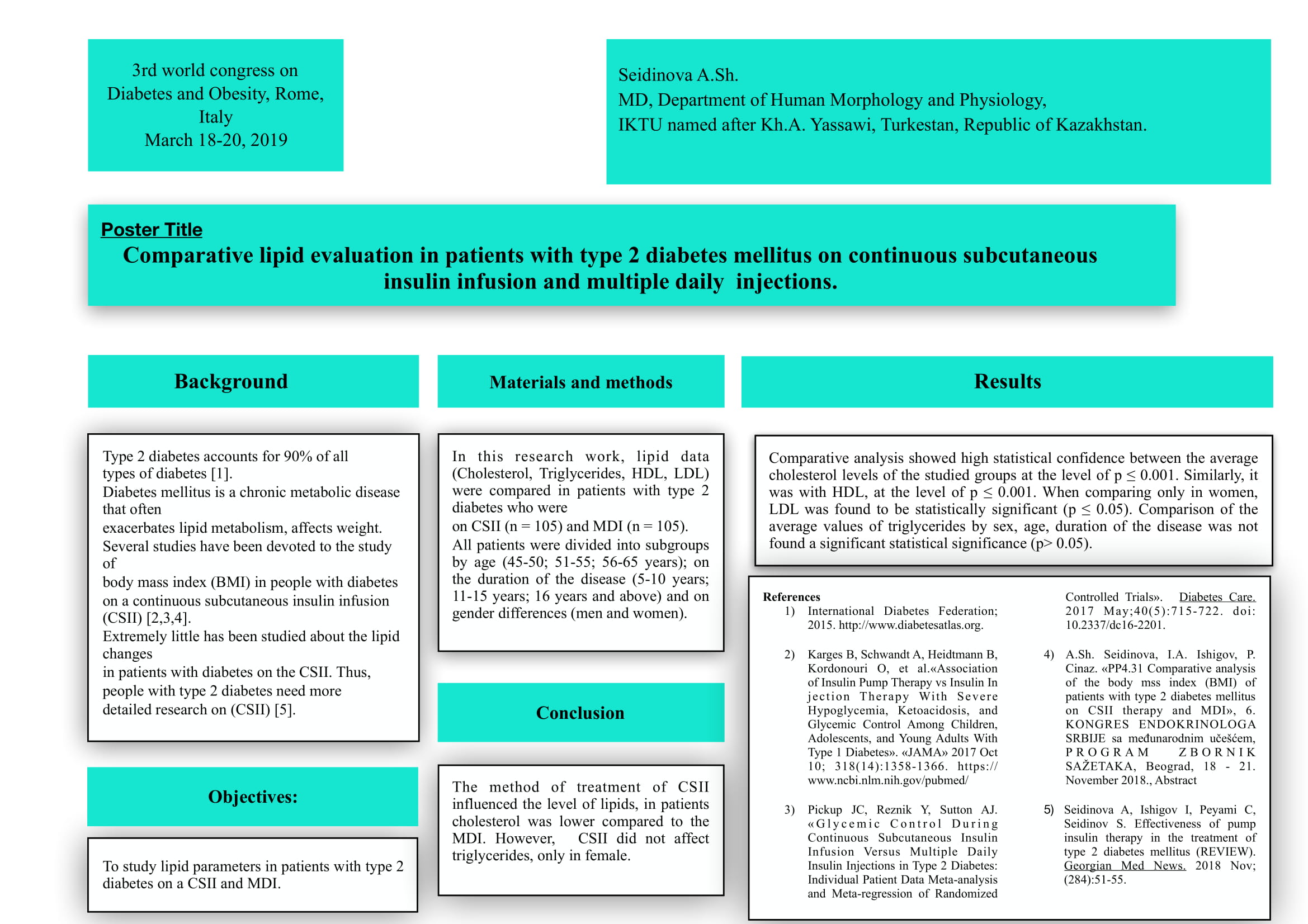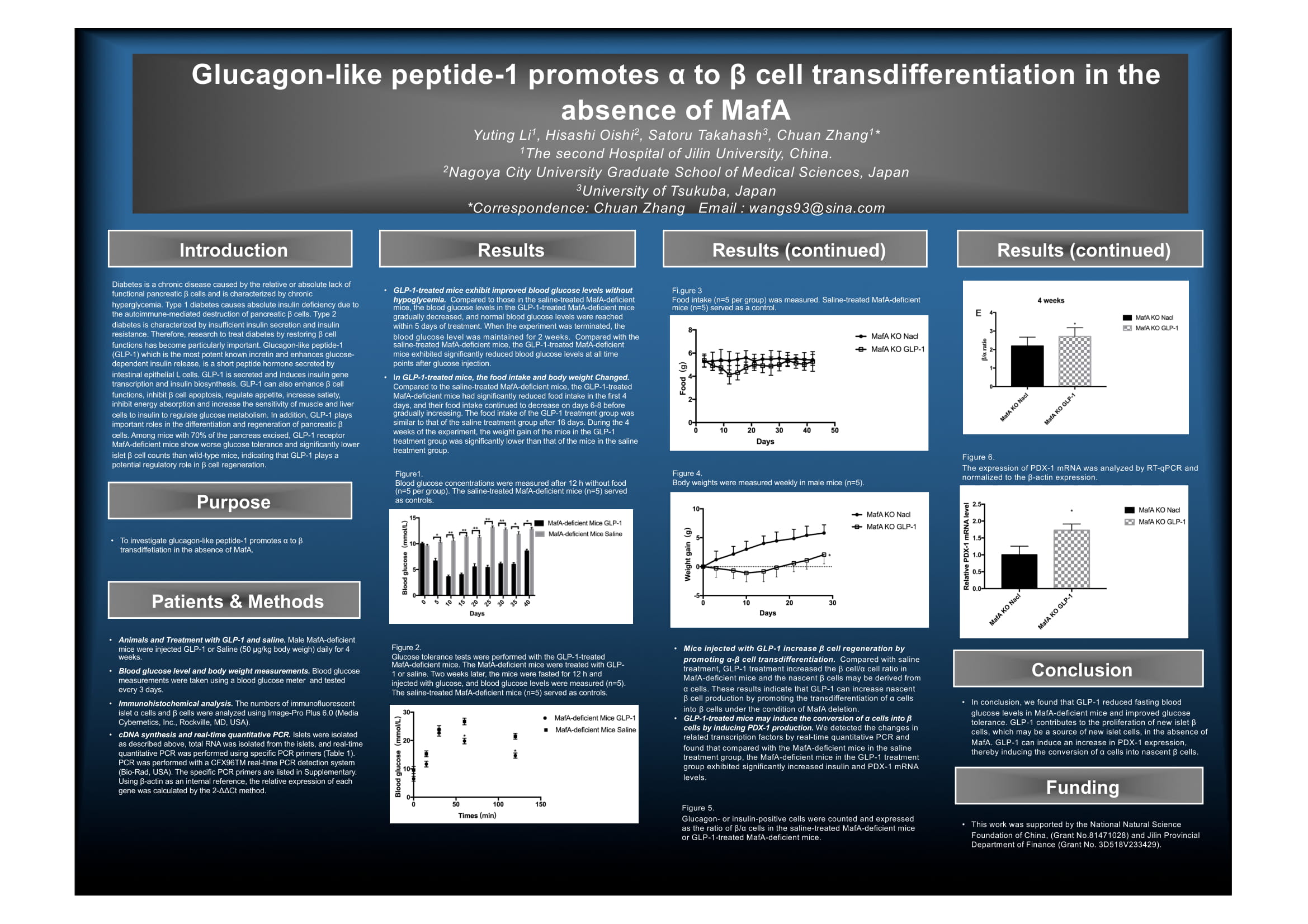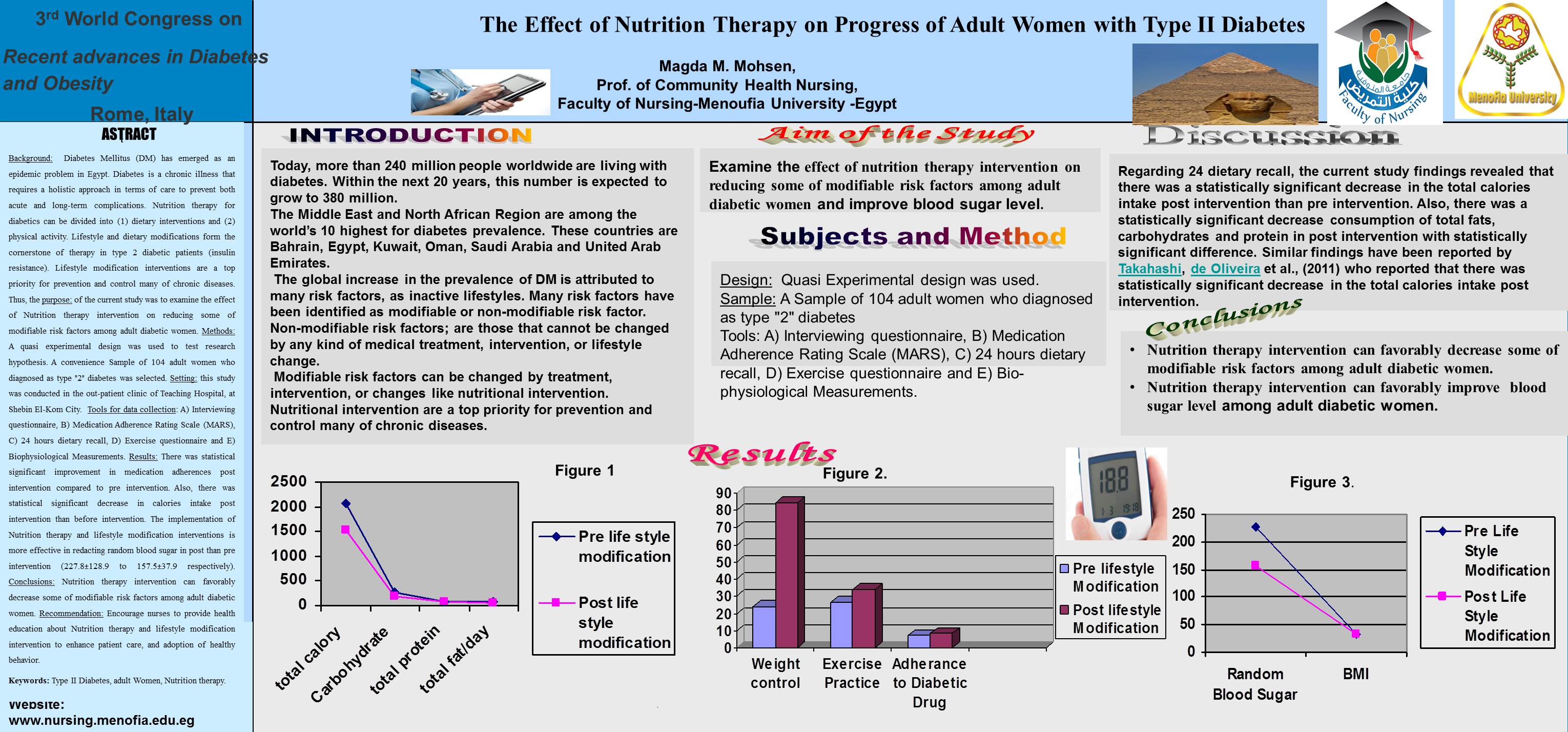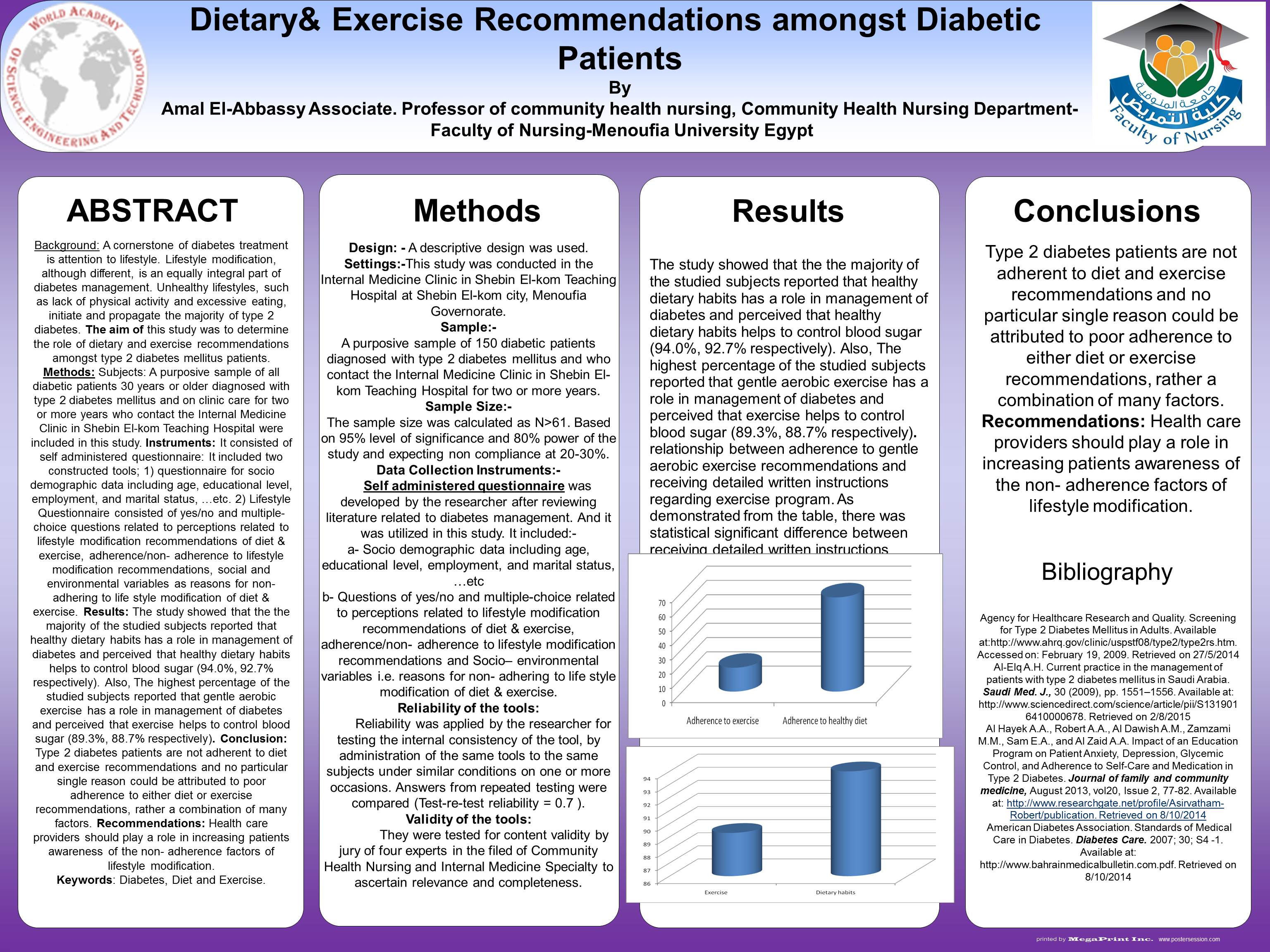Glucagon-like peptide-1 promotes α to β cell Trans-differentiation in the absence of MafArnChuan ZhangrnSecond Hospital of Jilin University, China rnAbstract-rnStatement of the Problem: Diabetes is a chronic disease caused by the relative or absolute lack of functional pancreatic β cells and is characterized by chronic hyperglycemia. Type 2 diabetes islets exhibit worse glucose-stimulated insulin secretion than normal islets and a decrease in MafA expression. Researchers have reported that GLP-1 plays important roles in the differentiation and regeneration of pancreatic β cells. However, this perspective that GLP-1 can play an important role in α cell trans-differentiation under the condition of MafA gene deletion and can produce new insulin-producing cells has not been previously studied. The purpose of this study is that glucagon-like peptide-1 promotes α to βtrans-differentiation in the absence of MafA.rnMethodology & Theoretical Orientation: Male MafA-deficient mice were injected GLP-1 (50 µg/kg body weigh) daily for 4 weeks. Blood glucose level and body weight were measured, and the numbers of immunofluorescent islet α cells and β cells were analyzed by Immunohistochemical analysis. Real-time quantitative PCR was used to analysis the change in related transcription. rnFindings: GLP-1-treated mice exhibit improved blood glucose levels without hypoglycemia. Mice injected with GLP-1 increase β cell regeneration by promoting α-β cell trans-differentiation. GLP-1-treated mice may induce the conversion of α cells into β cells by inducing PDX-1 production. rnConclusion & Significance: GLP-1 can reduce fasting blood glucose, decrease body weight, increase β cell regeneration by promoting α to β cell trans-differentiation. This research provides an new incisive point for the treatment of diabetes mellitus and provide the theoretical and experiment bases for treatment of diabetic β cell failure.rn rnrnRecent Publications rn1. Chen, S., et al., Transient overexpression of cyclin D2/CDK4/GLP1 genes induces proliferation and differentiation of adult pancreatic progenitors and mediates islet regeneration. Cell Cycle, 2012. 11(4): p. 695-705.rn2. Liu, M.J., et al., Prolonged Remission of Diabetes by Regeneration of beta Cells in Diabetic Mice Treated with Recombinant Adenoviral Vector Expressing Glucagon-like Peptide-1. Mol Ther, 2007. 15(1): p. 86-93.rn3. Thorel, F., et al., Conversion of adult pancreatic alpha-cells to beta-cells after extreme beta-cell loss. Nature, 2010. 464(7292): p. 1149-54.rn4. Guo, S., et al., Inactivation of specific beta cell transcription factors in type 2 diabetes. J Clin Invest, 2013. 123(8): p. 3305-16.rn5. Zhang, C., et al., MafA is a key regulator of glucose-stimulated insulin secretion. Mol Cell Biol, 2005. 25(12): p. 4969-76.rnBiography-rnChuan Zhang has her expertise in evaluation and passion in improving the diabetes and Obesity. She has been engaged in clinical and scientific research for more than 30 years, and she tries to combine the knowledge and technology she has learned in Japan with his clinical work. She has designed this experiment after years of experience in research, evaluation, teaching and administration both in hospital and education institutions. This research provides an new incisivus point for the treatment of diabetes mellitus and provide the theoretical and experiment bases for treatment of diabetic β cell failurernwangs93@sina.comrnrnNotes/Comments:



